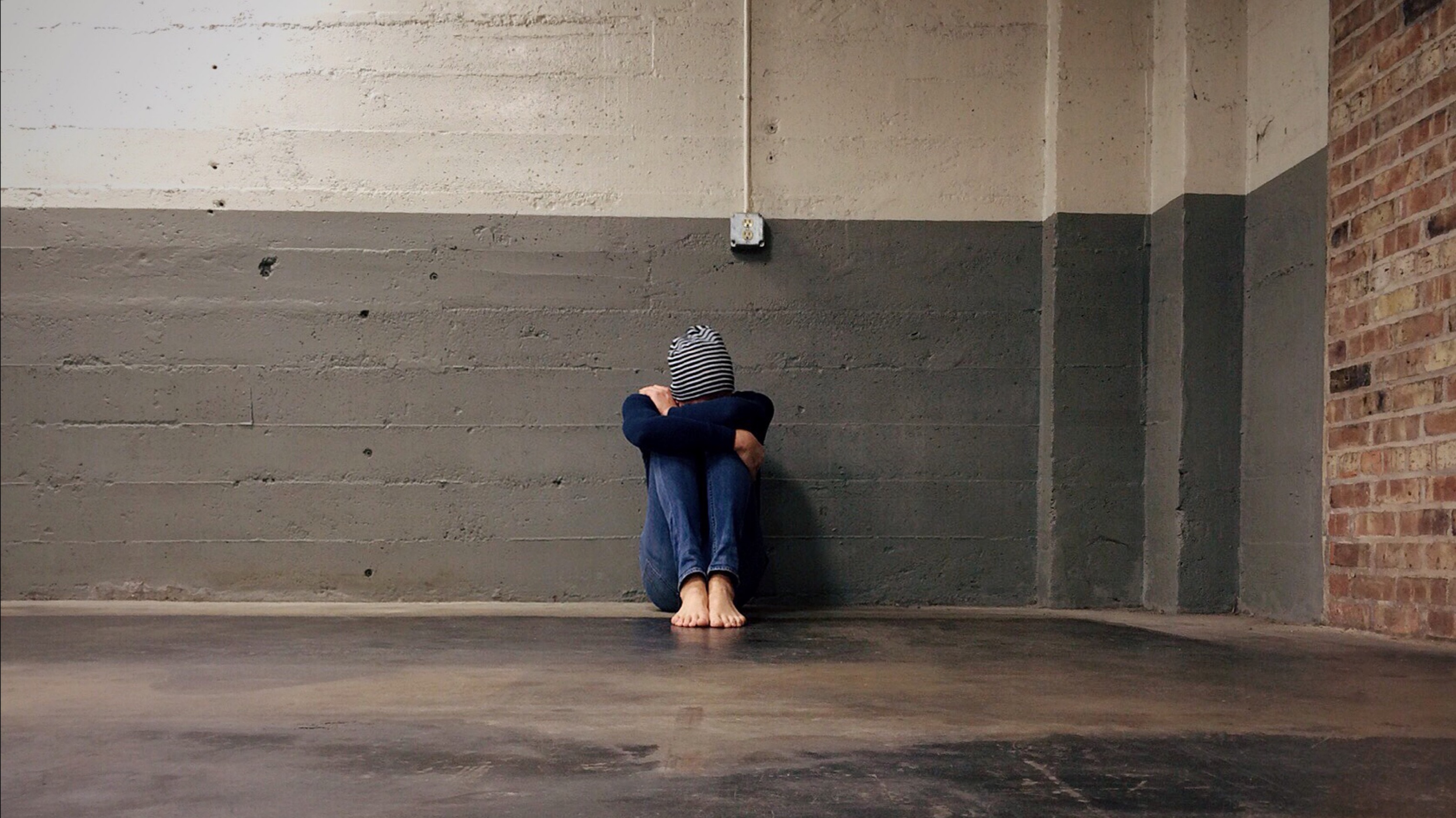Young care leavers under 25 are going to be exempted from council tax across Wales. How can those eligible young people in Cardiff benefit?

“Council tax was the second highest bill after rent and I was really panicky about making sure it was paid on time. My budget strategy was ‘don’t buy anything’, I didn’t go to the cinema, I didn’t go out with friends,” said Alex Sommerville, who was 17 when she moved into her first flat after leaving care.
Luckily, the Welsh government has announced new legislation to exempt care leavers under 25 from paying council tax, which will come into force from 1st April 2019. As a result, all eligible young people in Wales will soon no longer have to worry about council tax.
Since 2017, the Welsh Government has been calling on local councils to consider using their existing discretionary powers to grant a full dispensation from council tax for eligible care leavers. So far, only about a third of Wales’ 22 local councils have responded.
Cardiff is one of the earliest local authorities which have introduced that scheme. “Looking after care leavers is one of the most important things that Cardiff council does in a corporate plan, and we want to give them every opportunity to live independently, so if we can help them with any financial issues such as removing a pressure like council tax, we’re happy to do it,” said Councillor Ashley Lister in Cardiff.

The achievement of Cardiff, as well as some other places where the exemption has been in effect, may help the Welsh Government determine whether to promote the same legislation across Wales. “We had said this was a good thing and we’d like to see it across the whole country. I think that did help the world government come to that decision,” said Councillor Chris Weaver, Cabinet Member for Finance, Modernisation & Performance in Cardiff.
Meanwhile, exempting care leavers from paying council tax seems to have been widely accepted by the public. The feedback to the consultation on this new legislation of the Welsh Government has been very positive, with 91% of respondents supporting this financial help to care leavers. “I think they deserve this because they have already suffered more than others,” said Elijah Van Rijswijk, a taxpayer who works as a supervisor in a vintage shop.
According to the Welsh Government, this new legislation throughout Wales is aiming at making council tax fairer for vulnerable households in Wales. In general, equality will be improved in two ways.
Firstly, eligible young people can get the same level of support, regardless of where they’re from. “It’s fairer when there’s a consistent approach across Wales. It doesn’t seem right to have some kind of postcode lottery, depending on where you live,” said Charlotte Butler, project support of Voices from Care Cymru.
The new legislation enables all young care leavers in Wales to choose where they want to live. In the past, if young care leavers in Cardiff wanted to move to another place, they may have lost their exemption. Now they won’t. “It makes it easier for people who want to move either to or from Cardiff. Now anywhere in Wales, they will know that they don’t have to pay, which I hope reassures them,” said Councillor Weaver.
Secondly, the age limit of the exemption will be fully extended to the age of 25 instead of 21 across Wales. This helps young people that have been in care be less behind those who haven’t been in care regarding financial arrangements, since the former need to make money all by themselves while the latter may ask parents for money.
It is worth mentioning that Cardiff Council was the first local authority in Wales to introduce the exemption for young care leavers up to 25. “We were aware that some other councils have chosen the age of 21, but we felt 3 years probably wasn’t long enough to make sure their transition into adulthood and independent living are easier,” said Councillor Lister.
Furthermore, Tim Crahart, the business manager of Voices from Care Cymru, argued that the age limit may still need a further extension. He said: “non-care experienced children are likely to stay at home till on average 28 years old, which is a lot longer than care experienced young people. I would be keen to make sure the exemption extends to whatever the national average age of leaving home is.”
Although council tax is probably one of the big examples of financial difficulty, and Cardiff Council seems to take the lead in granting dispensation from council tax for care leavers, there is more that can be done. For instance, many care leavers living on their own are quite isolated because they don’t have the same family networks as other young people. Under that circumstance, they are at a potentially higher risk of experiencing mental illness.

In addition, young care leavers have a higher chance of not achieving at school, which has been a growing problem in this country over the last few years. “It is important to provide support for as long as care leavers need it, but teaching them the knowledge and skills that help them to live independently is also essential,” said Charlotte Butler.
It’s not just financial problems that care leavers will face, and exemptions from payment can’t solve all difficulties they may experience. As Councillor Weaver points out: “We always have to think what more we can do. We need to keep looking after and supporting care leavers in various ways.”
